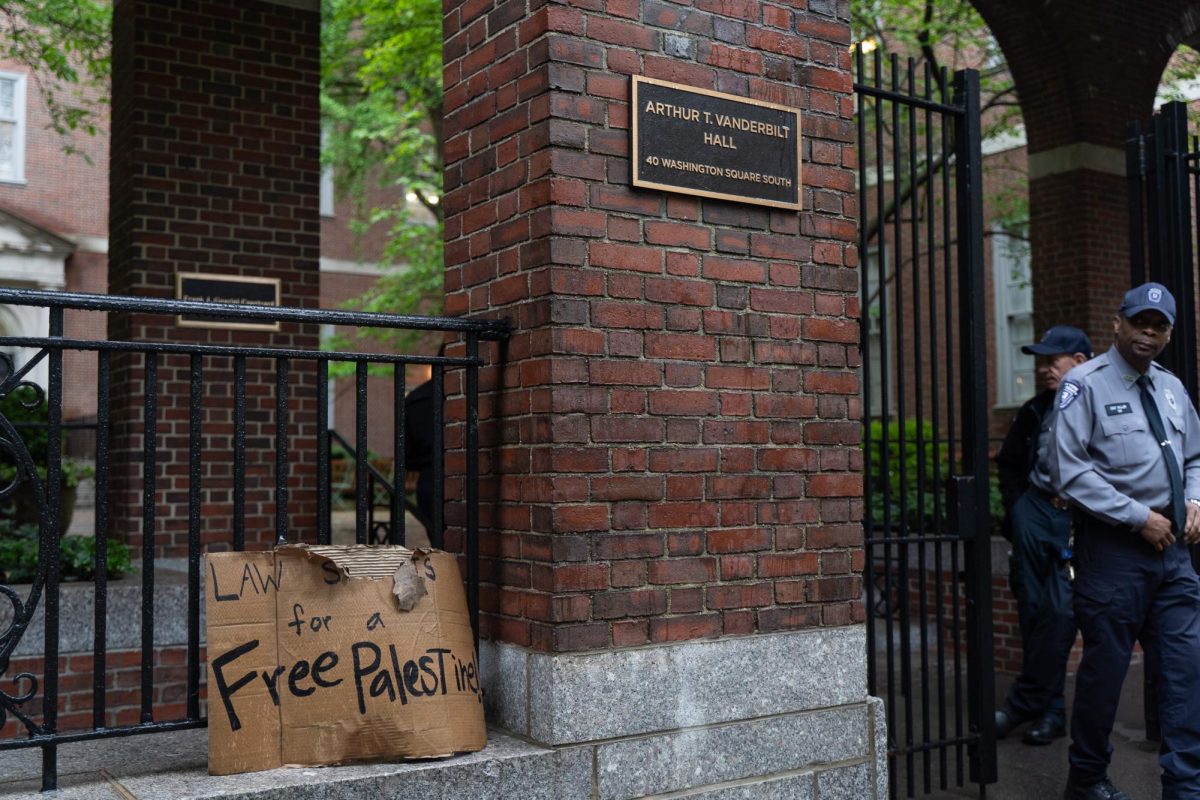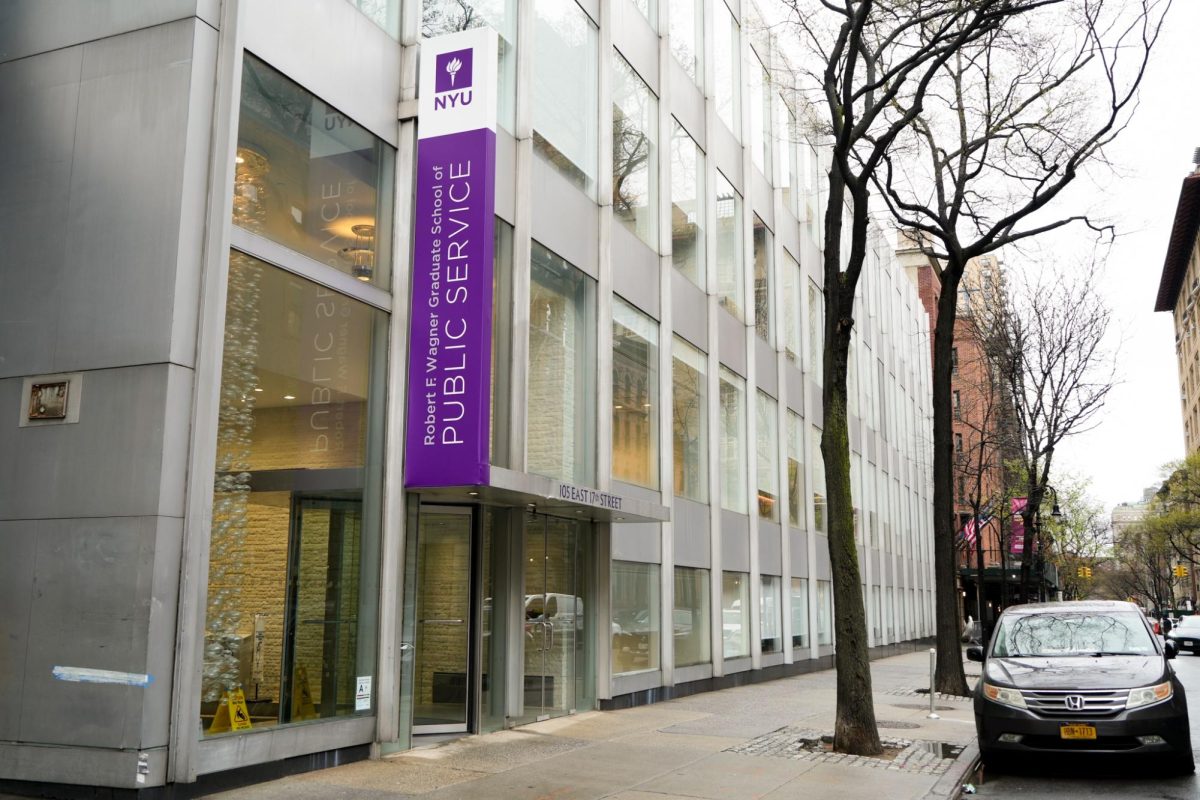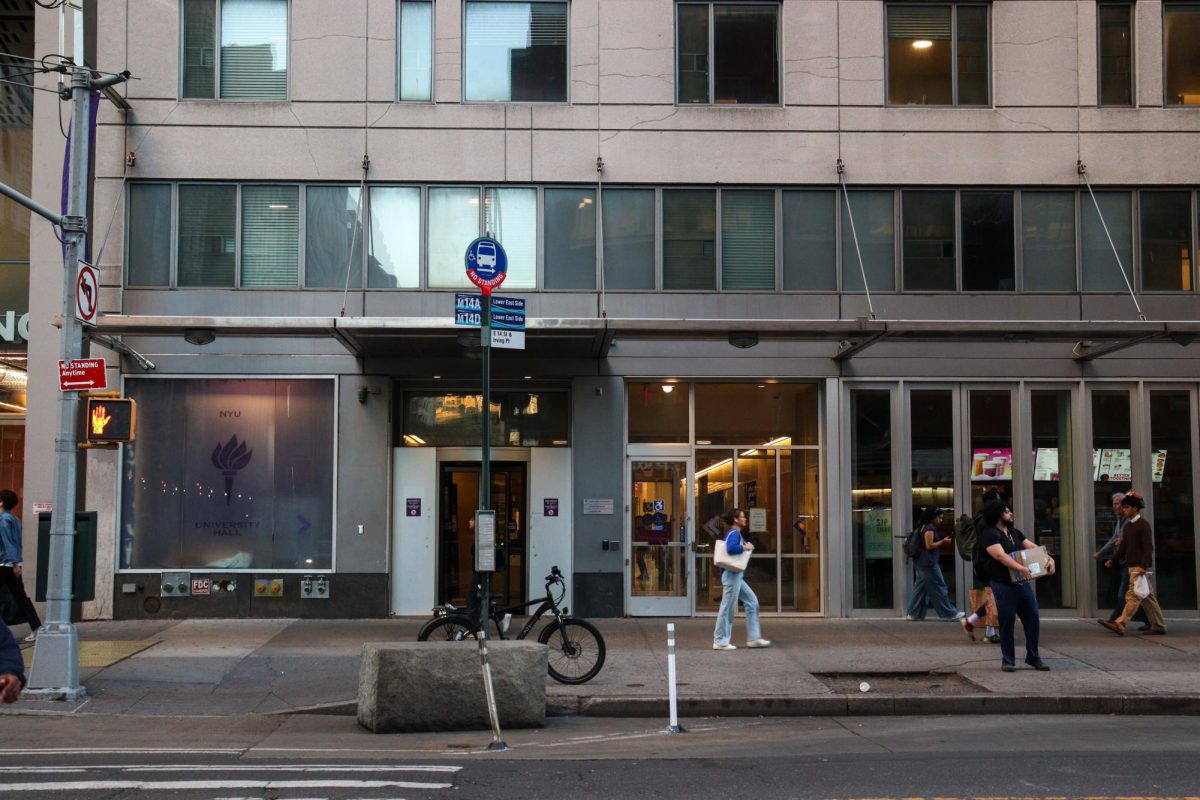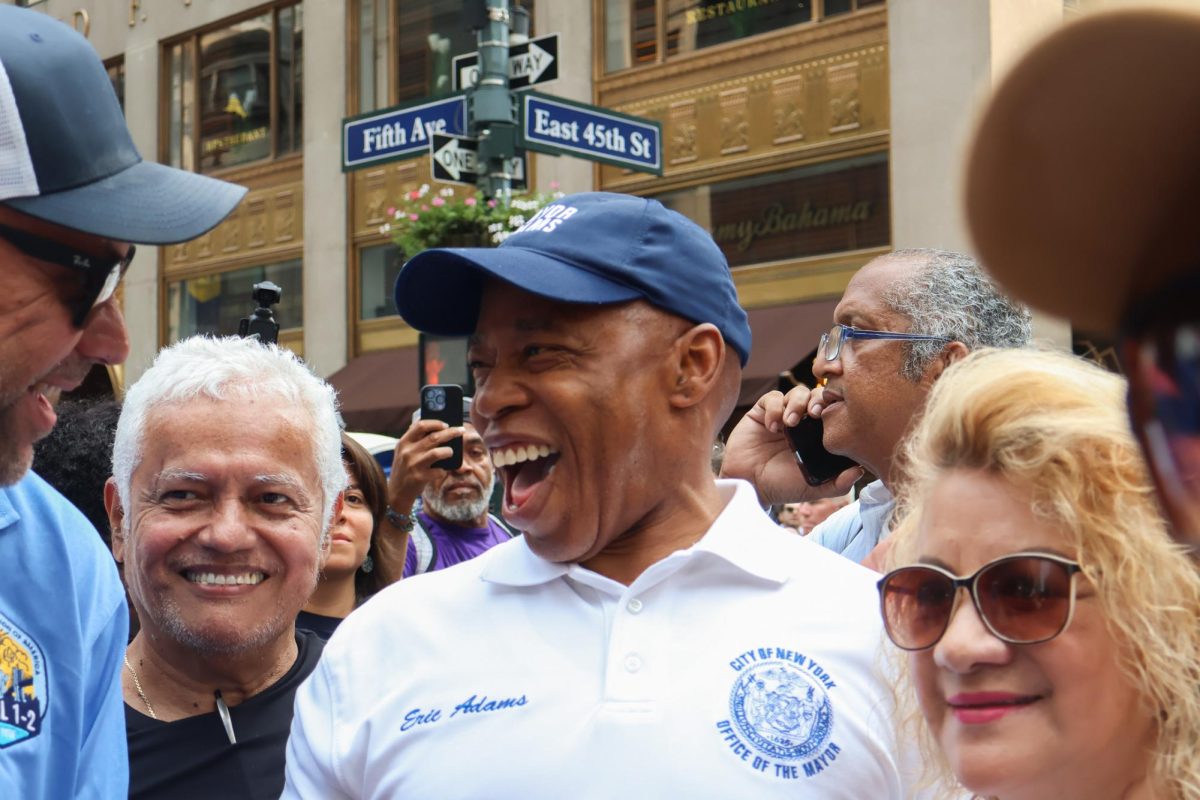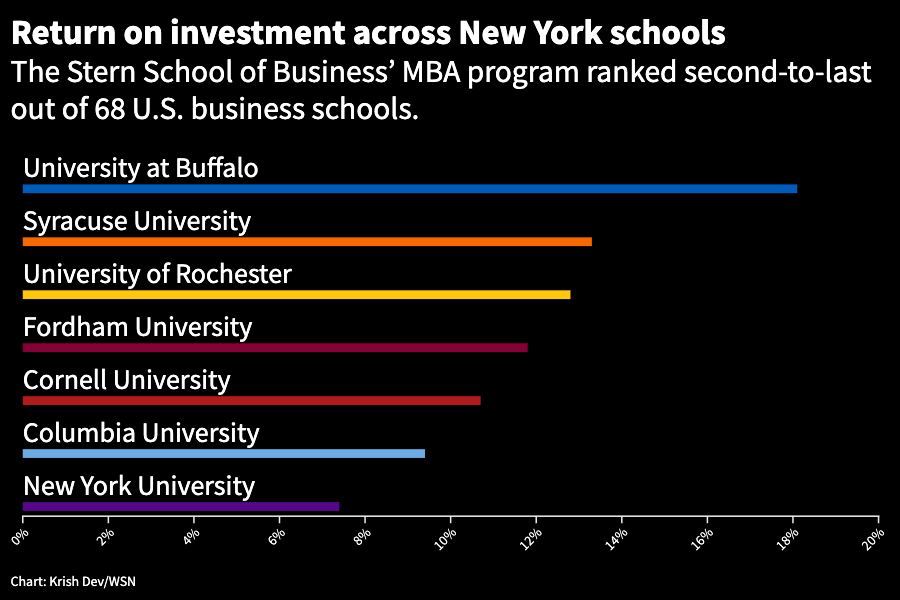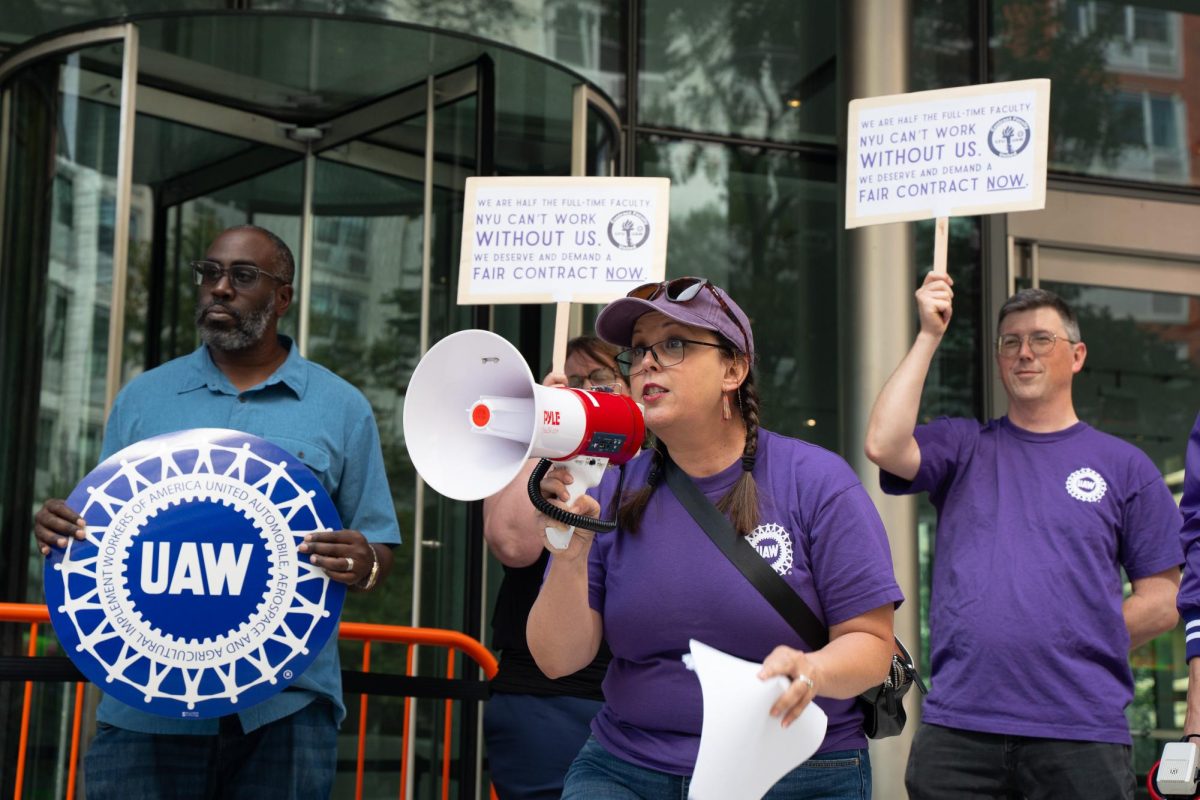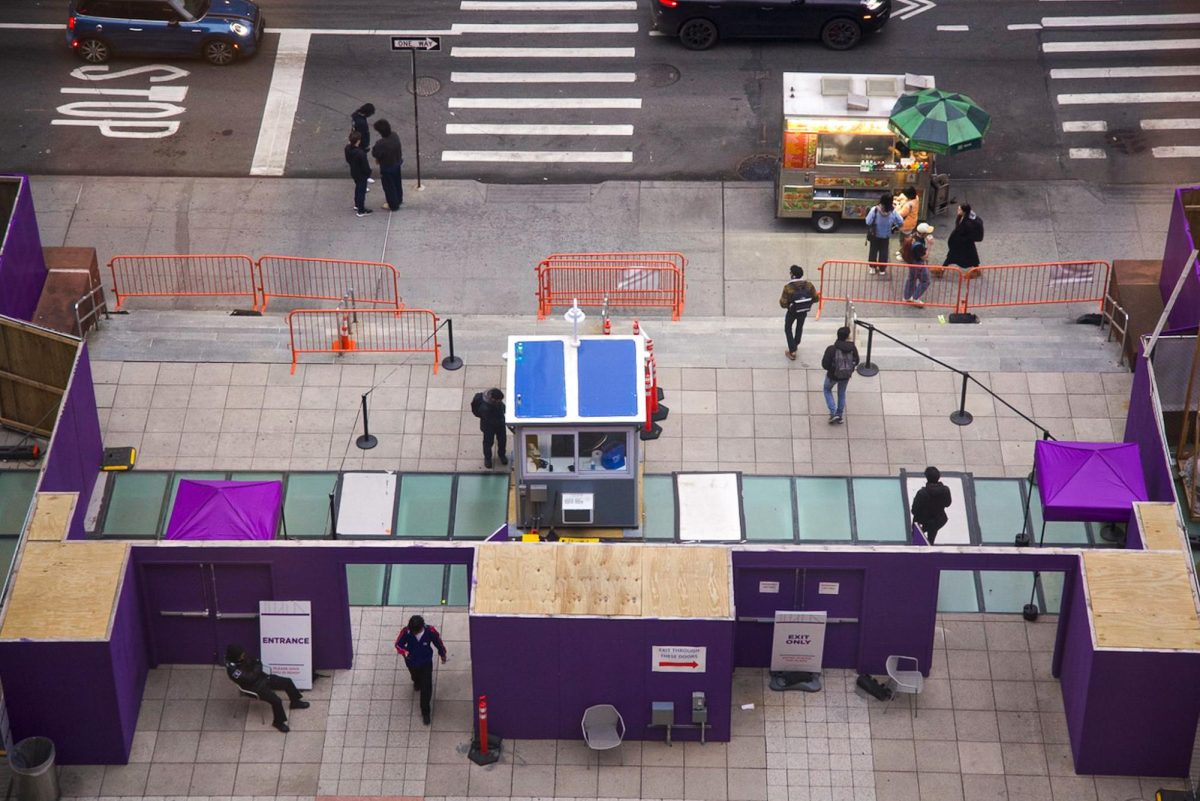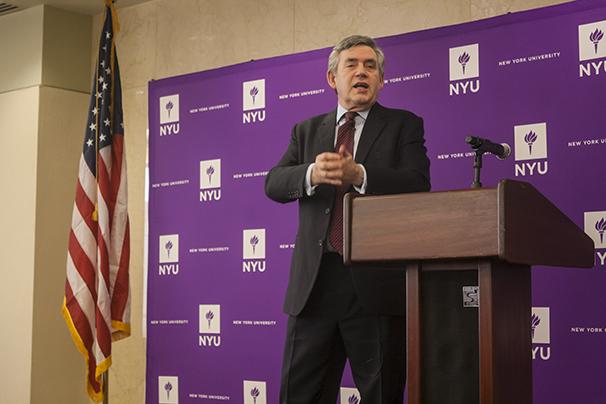
As the international community grapples with a rapidly escalating refugee crisis in areas including Syria, Afghanistan and the litany of ailing states in the post-Arab Spring world, the humanitarian fight for the right of education for the world’s most vulnerable children has come into the spotlight.
Gordon Brown, former prime minister of the United Kingdom, spoke at NYU on April 8 at a discussion titled “Education Without Borders: Global Infrastructure for Aid and Delivery of Education in Conflict Situations.” Brown is also the U.N. Special Envoy for Global Education and NYU’s inaugural Distinguished Leader in Residence.
Brown began on a note of solemnity, referencing the 20th anniversary of the Rwandan Genocide earlier this week and the lessons it engendered in an international community still struggling with the question of how to best deal with the plight of the world’s children in moments of humanitarian crises.
Recalling the chilling anecdote of a young boy who lost his life in the genocide’s violence, Brown spoke on the failure of the United Nations and the international community at large to protect the young man’s life. He mentioned a photo of the victim at the Rwandan Children’s Museum that struck him.
“Under his portrait it says his name, David,” Brown said. “Then it says ‘Ambition: to be a doctor,’ ‘Favorite Sport: football,’ ‘Favorite Pastime: making people laugh,’ ‘Death: by mutilation,’ ‘Last Words: the United Nations are coming to save us.’”
Drawing a parallel between the Rwandan Genocide and the growing refugee and welfare crisis of 2 million children caught in the middle of the Syrian Civil War, Brown narrowed in on the crux of his talk — the right to an education for every child around the world. Education, intimately related to the prosperity and success of a society, is beset by a multitude of challenges in developing nations and humanitarian hotspots around the globe, Brown said.
Brown spoke on the emergence of a new principle in international relations — the expansion of the obligations of international stakeholders to the world’s youth beyond the traditional venues of life-sustaining aid.
“Not only do we [the international community] have a duty to provide food and shelter, but also, we have a duty to provide education,” Brown said.
The inability of the international community to make good on the promise of a universal right to education in an interdependent world could prove disastrous, Brown said. As the 57 million children currently unable to attend school worldwide begin to reach maturity, their demands for an equitable education will pose substantial problems.
CAS junior Daniel Sedgh said he was surprised at the shortage of funds available for educational aid.
“It’s good to know that someone like [Brown] is going around, even to small events like this to inform us,” Sedgh said. “It makes an impact.”
A version of this article appeared in the Wednesday, April 9 print edition. Rahul Krishnamoorthy is a staff writer. Email him at [email protected].

